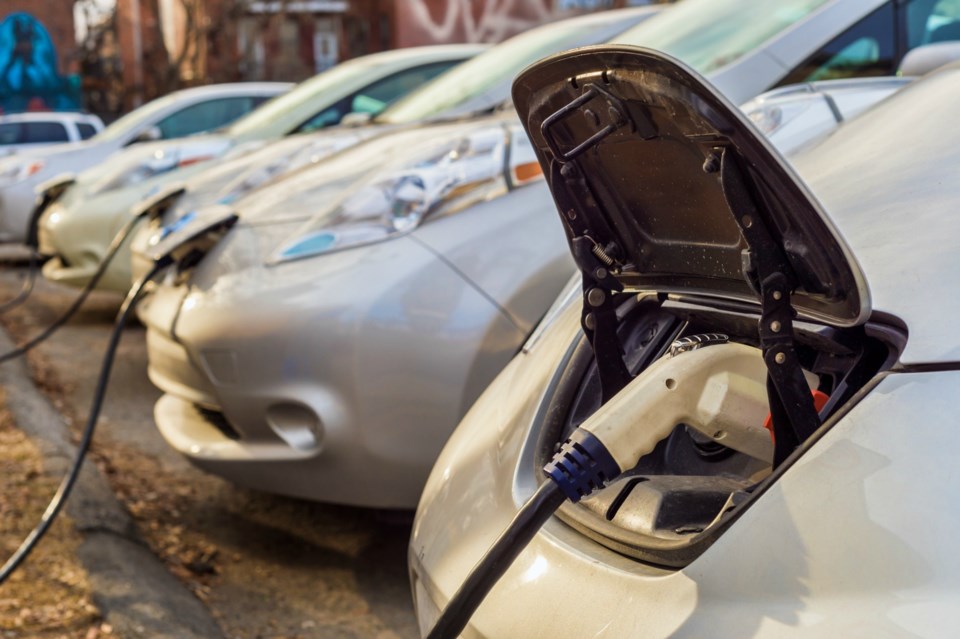Legislation aimed at preparing Georgia for the growing number of electric vehicles gained final passage in the General Assembly Monday.
The state House of Representatives voted 175-1 in favor of the bill, which included significant changes from the version of the legislation the Senate passed three weeks ago. The Senate then agreed to the House changes a few hours later Monday in a 51-4 vote.
Senate Bill 146 changes the way motorists charging their EVs will pay for the electricity they buy from the current system, which is based on the length of time a customer uses an EV charger. Instead, they will pay by the kilowatt hour, a federal requirement Georgia must meet to be eligible for $135 million in federal funds earmarked by Congress to build a network of charging stations across the state.
The biggest change the House made to the legislation reduces the tax rate motorists will pay when they charge their EVs. The final version of the legislation imposes a tax of 2.84 cents per kilowatt hour, down from 3.47 cents, as lawmakers responded to complaints that Georgia was poised to charge the highest excise tax on EVs in the nation.
EV owners currently pay a flat annual registration fee of $216 on their electric vehicles, which will not change under Senate Bill 146. That has prompted complaints that charging a flat annual fee on top of an excise tax at charging stations would disincentivize the purchase of EVs, the wrong message to send when Gov. Brian Kemp has pledged to make Georgia a national leader in electric mobility.
The excise tax at charging stations is necessary to capture tax revenue from out-of-state motorists traveling through Georgia, Rep. Kasey Carpenter, R-Dalton, said Monday.
Some legislators also questioned the excise tax because many Georgia businesses that offer free charging don’t have the technology to monitor the amount of electricity a motorist is using and, thus, will have to stop providing charging stations.
“We want to make sure in-state employees who work at these companies aren’t affected by that,” said Sen. Jason Esteves, D-Atlanta.
But House Transportation Committee Chairman Rick Jasperse said those companies could still offer free charging if they choose to install the software to accommodate the tax and paid it themselves.
Jasperse, R-Jasper, has been adamant as the Senate bill and a similar House version have moved through the General Assembly this year that both the annual fee and excise tax are necessary to make sure the Georgia Department of Transportation still brings in enough revenue to keep pace with highway construction needs as motorists begin moving away from gasoline-powered vehicles.
“What we’re trying to do is make sure people driving a gasoline-powered car are paying the same rate as someone driving an electric vehicle, and vice versa,” added Senate Majority Leader Steve Gooch, R-Dahlonega, the bill’s chief sponsor.
Jasperse said reducing the tax rate at EV charging stations will put Georgia in the “middle of the pack” among states rather than making the Peach State the highest taxed in the country.
The legislation now heads to Kemp’s desk for signing.




